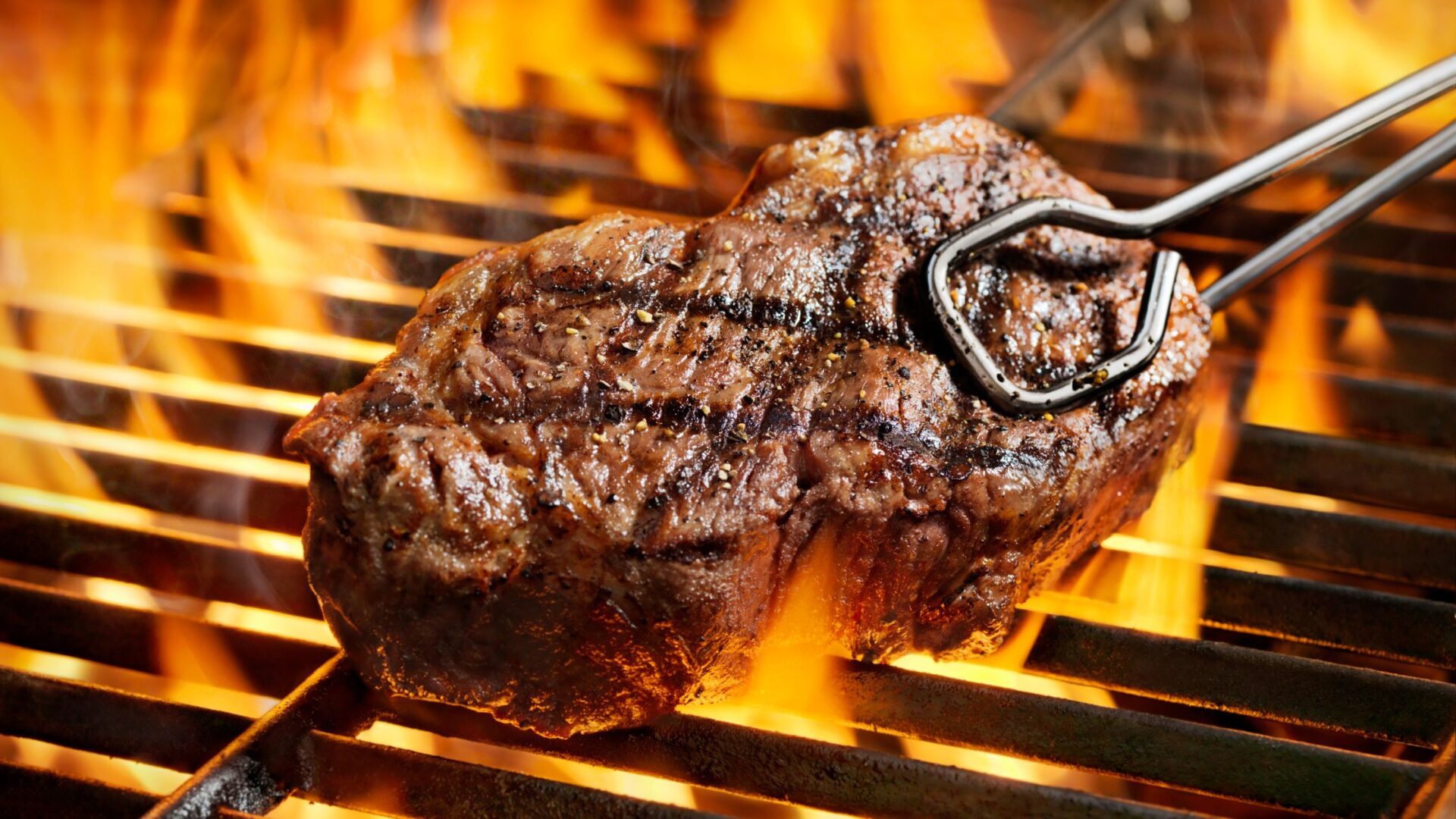Key takeaways
- President Trump floated importing Argentine beef to lower U.S. beef prices.
- Cattle ranchers warn of foot-and-mouth disease risk from Argentine beef.
- Industry leaders say imports will not cut grocery costs for Americans.
- Critics argue the plan helps Argentina while hurting U.S. farmers.
Why Argentine Beef Sparks Rancher Concerns
President Trump said he might buy beef from Argentina. He explained that the move would drive down U.S. beef prices. However, ranchers and farm groups reacted with alarm. They say the idea creates chaos for American producers. They also warn of serious disease risks if Argentine beef enters the country. Meanwhile, shoppers still face high grocery bills. Therefore, critics question whether this plan will truly help domestic consumers.
Farmers Raise Disease Alarm
Cattle ranchers fear foot-and-mouth disease might come with Argentine beef. This virus spreads fast among cows and other livestock. If it reaches U.S. herds, ranchers could lose entire herds. Colin Woodall, head of a leading cattle group, called the plan chaotic and harmful. He noted that importing meat from a country with outbreaks is reckless. Moreover, disease outbreaks would shut down farms and slaughterhouses. Consequently, costs would skyrocket for farmers and consumers alike.
Will Argentine Beef Cut Costs?
Trump’s goal is to lower meat prices at the store. He believes that more supply will ease rising costs. Yet ranchers argue this will not work. They point out that shipping beef halfway around the world adds costs. Then import fees and handling charges raise the final price. Therefore, U.S. shoppers may not see savings. Aaron Lehman, a farm union leader, said the policy bails out Argentina. He added that it does nothing to end the domestic trade chaos.
Political Ripple Effects
This proposal comes amid a heated trade war. Trump’s tariffs on China and other nations shook global markets. As a result, U.S. beef exports slowed down. Farmers dealt with sudden price drops overseas. Thus, some hoped for relief from new markets, not imports. However, the plan to bring in Argentine beef signals a shift. Critics claim it rewards Argentina’s farmers, not Americans. They view it as yet another mixed message in U.S. trade policy.
Domestic Producers Feel the Pinch
American cattle ranchers face tight margins already. They need stable markets and clear rules to plan ahead. Instead, they see sudden import threats as more uncertainty. Ranchers invest in their herds year after year. They breed, feed, and care for animals on trusted U.S. soil. Yet, they worry that imported beef will undercut their efforts. If prices drop too low, some small farms might go out of business. This could reduce U.S. beef supply and hurt rural communities.
Consumer Impact Remains Uncertain
In American homes, beef prices matter at every barbecue and dinner table. Families already pay record highs for ground beef and steaks. Although imported beef may add supply, experts doubt real savings will reach consumers. Instead, they say higher costs from shipping and inspections may cancel any benefit. Furthermore, stores often mark up imported meat more than local products. Hence, shoppers may end up paying the same or even more for their beef.
Global Trade vs. Local Stability
The U.S. once saw itself as a major beef exporter. American ranchers sold meat worldwide at premium prices. Now, the roles may flip if the plan goes ahead. Import numbers could climb while exports stall further. In fact, trading partners may view this as a U.S. market opening at home rather than abroad. Such moves risk retaliation or new tariffs from other nations. Ultimately, small farmers could feel the greatest pain in this shifting landscape.
A Call for Clear Solutions
Ranchers and farm groups urge the administration to focus on long-term fixes. They propose negotiating new trade deals that boost U.S. exports. They also want a stable tariff plan that prevents price swings. Additionally, they recommend support programs to help farmers cope with sudden changes. This includes better risk management tools and livestock disease monitoring. By doing so, they say, the U.S. can strengthen its beef industry without risky imports.
Next Steps and Possible Outcomes
It remains unclear whether Trump will finalize the Argentine beef plan. His team must review disease safeguards and trade rules. They will consult with health experts and farm leaders. Meanwhile, ranchers continue to lobby against the imports. If the plan dies, the administration may seek other solutions. Yet, if it moves forward, detailed rules will govern which Argentine beef cuts can enter. In either case, the debate highlights the tension between global trade and local farming in America.
FAQs
What is the main concern about importing Argentine beef?
Ranchers worry that foot-and-mouth disease or other livestock illnesses could enter the U.S., threatening domestic herds.
Will importing beef from Argentina lower grocery prices?
Experts say added shipping and inspection costs may offset any price drop, leaving consumer bills largely unchanged.
How might this plan affect U.S. farmers?
Farmers fear lower prices and less demand for U.S.-raised beef, which could hurt small and medium-sized ranchers.
What alternatives do ranchers suggest?
They recommend new export deals, stable tariff policies, and stronger farm support programs to boost domestic production without risky imports.
